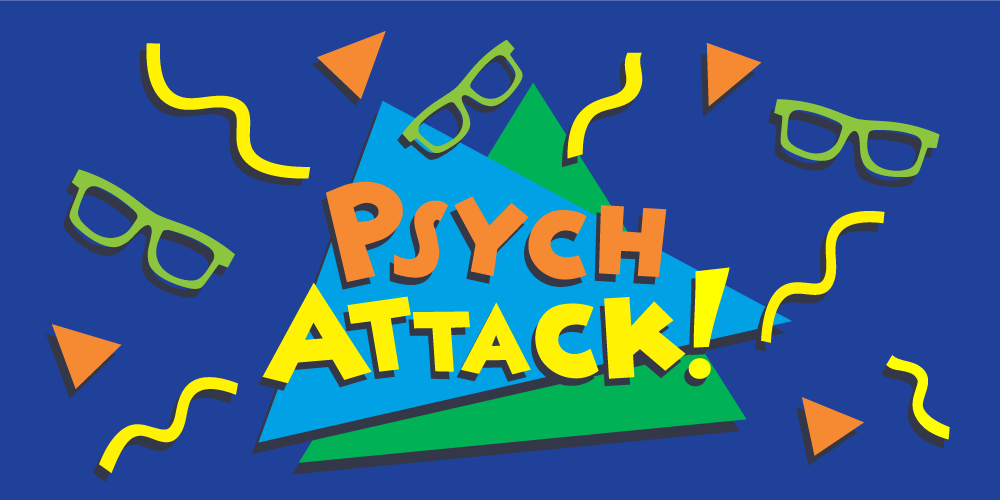
Self-advocacy and professional relationships
Recently I listened to a podcast episode that resonated with me. It was a conversation between Dr Jasmine B. MacDonald and Dr Jade McEwan and covered everything research, self-advocacy, promoting yourself, and the infectiousness of collaboration.
Unlike most people, I don’t particularly enjoy science-related podcasts because I find them lectorial, too scripted, and sometimes just a way of social networking. I couldn’t stop listening to this episode and found myself smiling throughout. There was so much energy between the cohosts, with ample amounts of laughter and honesty making it feel like I was also part of the conversation.
If you want to hear the whole conversation, you can listen on the Psych Attack podcast website or on your preferred podcast platform (e.g., Spotify or Apple Podcasts).
Dr Jade McEwan is the Assistant Director of Research and Evaluation at the NDIS Quality and Safeguards Commission.
What is self-advocacy?
Self-advocacy is advocating for your needs in certain situations using clear communication and realistic expectations.
In systemic terms, it also encompasses the need for representation amongst marginalised groups and acts as a form of self-determination.
Like me, you may be asking yourself ‘don’t I already do this?’ Well yes, you might. For those who have privilege, self-advocacy is a normal part of existing. Standing up for your needs is normalised and respected by those around you.
For some, this has never been quite possible. Marginalisation has meant that some groups, such as those with a disability, have never had their voices heard.
What can I do to improve my self-advocacy?
Throughout the dialogue, Dr McEwan describes and refers to various ways that people can improve their self-advocacy. From my listening, I picked up the following:
- Start with yourself. You cannot advocate for an entire group of people without first understanding and communicating what you need.
- Be clear and assertive. Don’t let there be an opportunity for miscommunication or misunderstanding.
- Ask for help. Receiving support can help build your confidence and voice, especially from those who are willing or able to.
- Stay true to your authentic self. Stick to your values and don’t compromise them.
- Build connections. Find people who support your cause through legitimate ways of self-determination.
Healthy Collaboration
Workplaces can be very intimidating places, regardless of the profession. However, it’s important to recognise that collaboration is an essential part of any project. Not only does it bring a diversity of ideas, but it also builds connections and allows for knowledge and skills to be shared.
Here are some of the methods that Dr McEwan discusses as healthy ways to collaborate within your workplace:
- Find the way that works for you. People are vastly different but most of us crave human connection. Be aware that the way you prefer to collaborate with others isn’t necessarily how others might prefer to collaborate, so be flexible.
- Build Connection. Care for those with whom you are collaborating and build trust. Show interest in each others’ lives, hobbies, and even idiosyncrasies.
- Shared Passion. Work with others who share your passion for the topic.
- Remove Prejudice. Try and remove any preconceived notions of judgement, bias, or social hierarchy. As stated, “Today’s janitor might be tomorrow’s CEO”

Max Loomes
Max Loomes is a clinical psychologist registrar and researcher based in Sydney, Australia. He has worked in psychological research for over 8 years at institutions such as the University of Sydney, UNSW, and St Vincent’s Hospital. He has a special interest in the intersection between mental health and social justice.
Episode highlights
Here are some short clips from the episode to get you started.
Listen to the full episode
You can hear the full episode on Youtube, the Psych Attack website, or your favourite podcast platform.
Photo
Photo by Jason Goodman on Unsplash.
